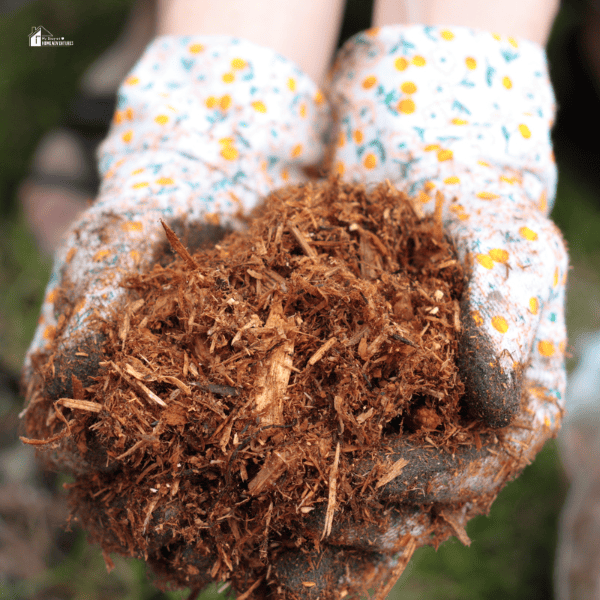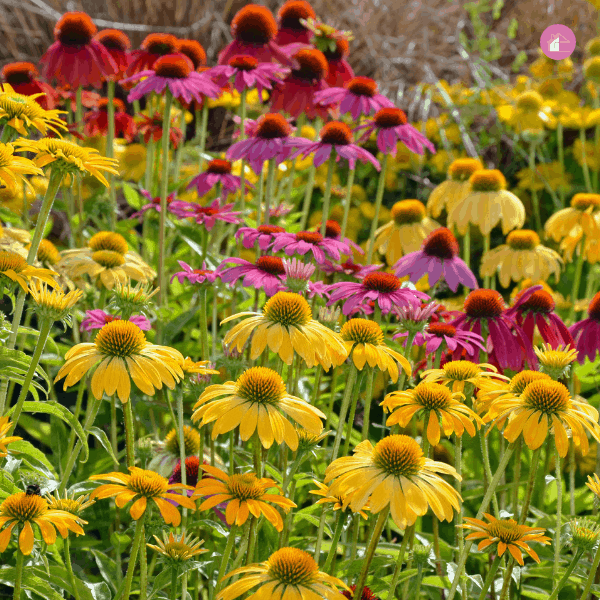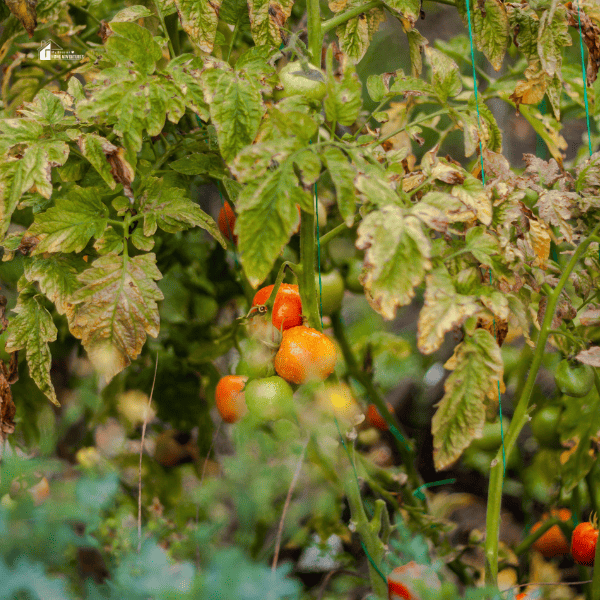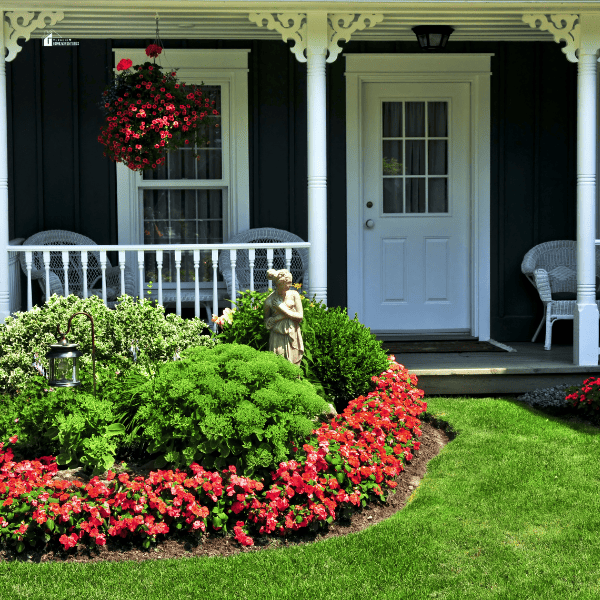How To Create a Summer Garden on a Budget
This post may contain affiliate links which might earn us money. Please read my Disclosure and Privacy policies hereAccording to a recent study, over half of Americans are already spending their free time gardening, and another 20% plan to start gardening in the near future. Why is there a sudden interest in this age-old activity?
It could be that more people are looking for ways to save money on their summer garden. With the rising cost of fresh fruits and vegetables, it's no wonder that people are turning to their backyards for a cheaper alternative.
But gardening is more than saving money; it's also a great way to get outside and enjoy the fresh air. And with so many different types of plants to choose from, there's sure to be something for everyone.

So whether you're a beginner or a seasoned pro, now is the time to get your hands dirty and start growing your own food.
Before you begin planning for a summer garden, start with these two things:
- A specific budget
- A plan
If you plan and follow your summer garden according to your budget, you will learn that gardening is very budget-friendly.
You don't have to spend a fortune on your summer garden. Remember to plan how much you want to spend. Then, create a plan and pay according to your goals and needs!
I hope the following advice will help you cut the expense of creating your summer garden and help you find budget-friendly ways to build the summer garden of your dreams.
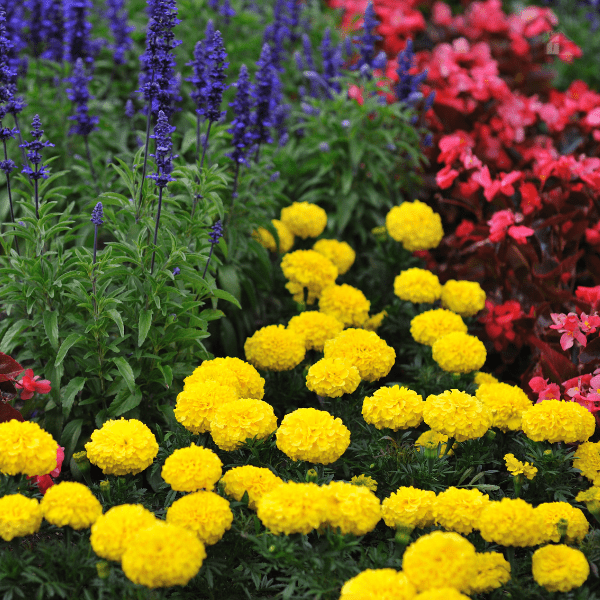
Create a Budget-Friendly Summer Garden
Only Buy What You Need
One of the first-time gardeners' biggest mistakes is buying more than they need. It's easy to get caught up in the excitement of everything available and end up with many unnecessary items.
However, this can quickly add up and leave you with a much higher bill than anticipated. To save money, only buy what you need for your garden, including soil, plants, fertilizer, and mulch.
You can avoid spending too much money on your summer garden by only purchasing what you need. Additionally, be sure to take advantage of sales and discounts.
Many stores offer these during the spring and summer, so keep an eye out for deals. You can save money on your summer garden with some planning and effort.
Related gardening post:
- 5 First Time Gardener Mistakes To Avoid This Season
- 5 Gardening Projects For Kids (That Every Child Should Do)
- Vegetables to Grow in Containers
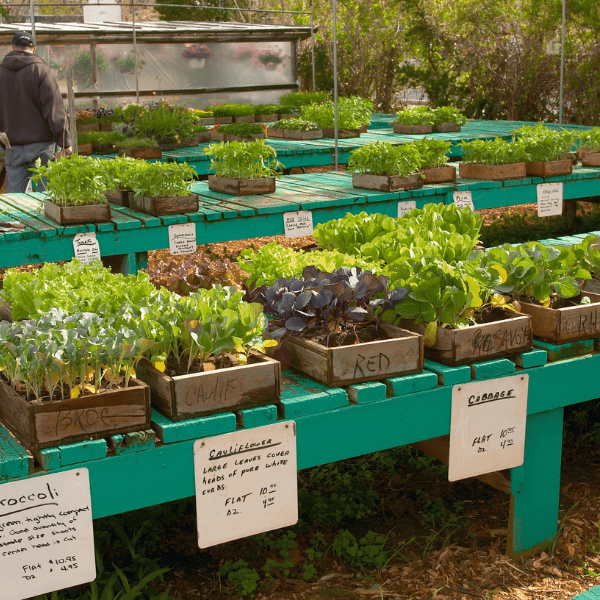
Do not overbuy!
One way to save money on your summer garden is by not overbuying. There is no reason to purchase items you don't need, even if they are on sale.
Garden tools, seeds, edge trimmers, and other gardening supplies can quickly add up, and it's easy to end up with more than you can use.
When possible, borrow items from friends or family instead of purchasing them new. Not only will this save you money, but it will also reduce the amount of stuff you have to store.
Only buy what you need, and you'll be able to enjoy your summer garden without breaking the bank.
Don't Pay For Shipping.
Summer is the perfect time to start a garden, but it can be challenging to stick to a budget. One way to save money is to avoid paying for shipping when you purchase items for your garden online.
You can probably find the same items locally for less than the online price, and you won't have to wait for shipping.
Another way to save money is to look for summer clearance sales at your local garden center. This is a great time to snag deals on annuals, perennials, and other summer plants.
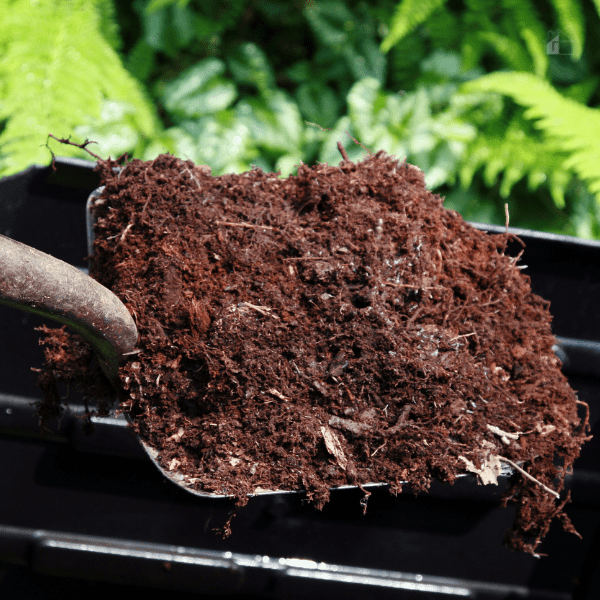
Check for Free Composting
One way to save money on your summer garden is to check locally for free composting materials. Many communities offer these free to residents.
Compared with the expense of purchasing these materials, the savings can be significant throughout the summer.
The best way to find out if your community offers this service is to check with your local waste management agency or gardening club—some other places to ask include local nurseries, farms, and greenhouses.
If you cannot find any free options, composting your own kitchen scraps and yard waste is another cost-effective way to create nutrient-rich compost for your garden. In addition to saving money, using compost helps to reduce your environmental impact by diverting organic waste from landfills.
Also, check online sites such as Free Mulch.
Barter with Friends
One way to save money on your summer garden is by bartering with friends. For example, if your neighbor is growing tomatoes and you are growing green peppers, why not exchange among each other?
This will eliminate the need to purchase new plants, which will save you money. It’s a win-win! Not to mention, it’s a great way to get to know your neighbors and build community.
So next time you’re planning your garden, consider reaching out to your friends and family to see what they’re growing—you may be surprised at what you can save!
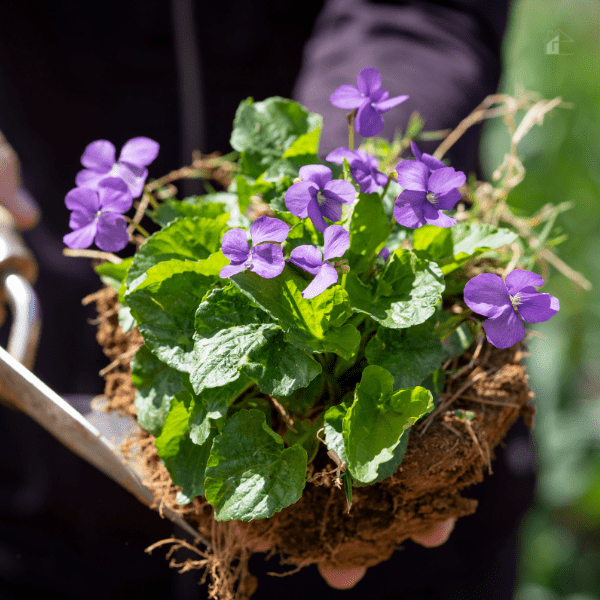
Select Native Plants
When you're starting a new summer garden, one of the best ways to save money is to grow native plants. Local plants are adapted to the climate and soil in your area, so they don't require special care or attention to thrive.
You can also consider planting shiitake mushrooms, which can be grown quite affordably and are a fun addition to your summer garden. They require a moist, shady area and can be harvested throughout the summer months.
In addition, native plants are generally more resistant to pests and diseases, which means you'll save money on pesticides and other chemicals. And because they don't need to be shipped from another region, native plants are usually less expensive than non-native varieties.
So, when you're planning your summer garden, be sure to check out the native plants that grow in your area. You'll save money and a healthier, more beautiful garden.
Check Local FB Groups and Classified Ads
As the saying goes, one man's trash is another man's treasure. Unfortunately, this could not be more true when it comes to garden equipment.
Every year, countless people purchase brand-new tools and other items for their gardens, only to find that they never end up using them.
As a result, these items are often sold at a fraction of their original cost – or even given away for free.
If you're looking to save money on your summer garden, checking your local Facebook group or market is a great place to start.
You'll be surprised at the number of people who are looking to get rid of excellent garden equipment – often because they simply don't have the space to store it.
So why not take advantage of this and grab some bargain-priced (or even free) items? You can also search for free-cycle programs in your area – which are essentially Programs whereby people donate used goods that are still in good condition.
Of course, you don't need to be picky about your purchase tools. After all, they're just going to be used for gardening! But if you're looking to save some money, taking advantage of second-hand marketplaces is a great place to start.
Buy Good Quality Mulch
Many people think that mulching is just a way to make your garden look nicer. While it's true that a neatly mulched garden can be pretty pleasing to the eye, there's actually a lot more to it than that.
Mulching can save you time and money in your summer garden, and who doesn't want that? In addition, using a good quality mulch can save money on your water bill by holding moisture in the soil.
This also eliminates many pesky weeds that crop up, saving you time spent on weeding. So next time you're at the store, pick up some mulch and try it. Your wallet (and your back) will thank you!
Creating a budget-friendly summer garden is easier than you think and can be a lot of fun. By following these simple tips, you can have a beautiful yard that isn’t expensive and helps the environment. So what are you waiting for? Start planning your summer garden today!



